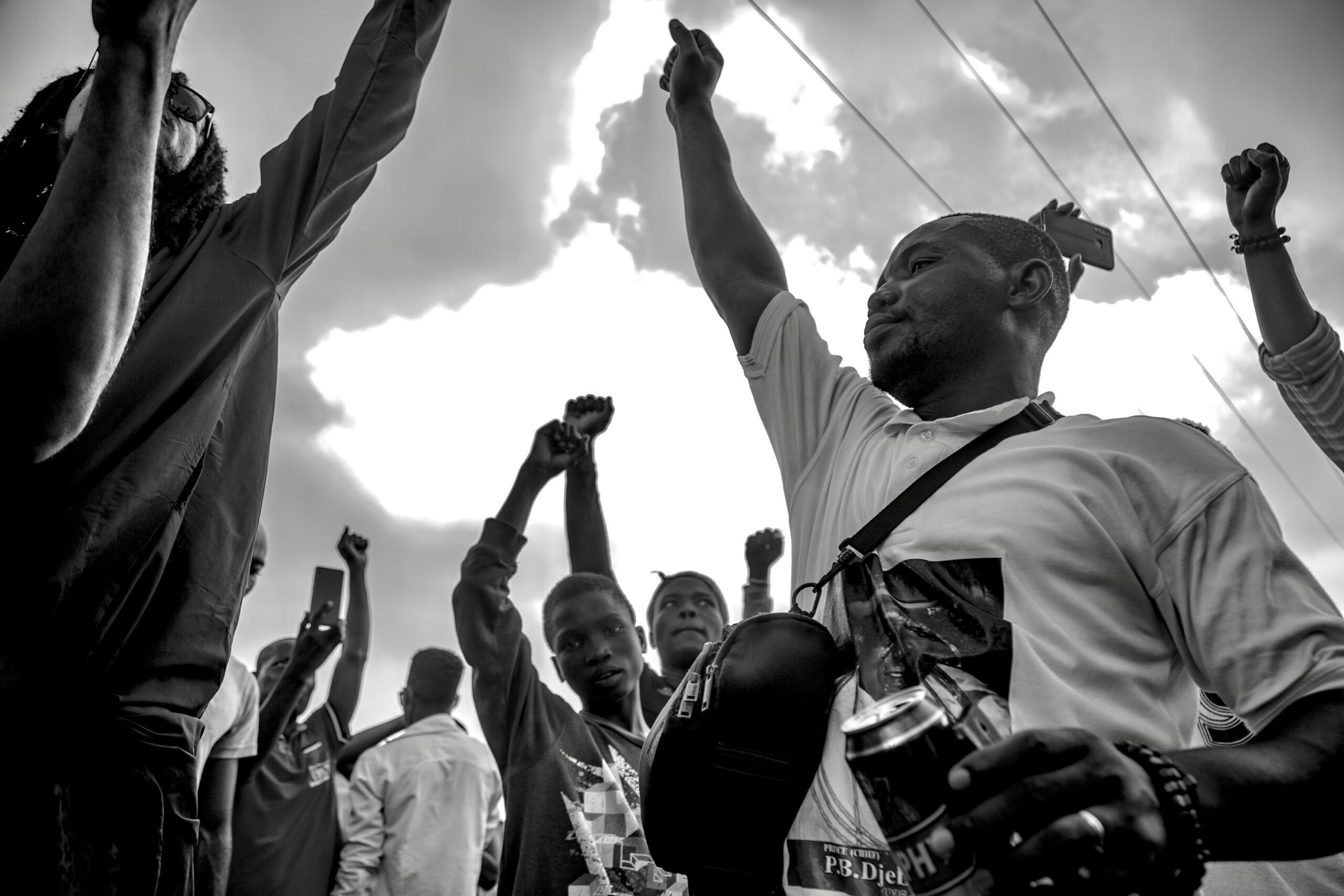On August 1, 2024, Nigerians took to the streets in a protest tagged #EndBadGovernance. The protest was driven by deep economic hardship in the country, a direct consequence of some government policies, including land border closure and fuel subsidy removal. The protest resulted in a significant loss of ₦400 billion daily for the country. While freedom of expression and assembly are imperative to a country’s democracy, the Nigerian government must learn to balance economic stability with civil liberties in times of unrest. This balance between economic freedom and civil liberties can be achieved through prompt dialogue, economic reforms like reopening land borders, reducing import tariffs, and a commitment to respecting human rights.
During the protest, the Nigerian government imposed a curfew on many northern states due to the rise in violence and looting. Businesses, including commercial banks, shut down due to fear of looting, resulting in an estimated loss of ₦4 trillion over the 10-day agitation.
To curb similar economic losses in the future, the government should forestall extended protests by addressing protesters immediately. The government’s response should be rooted in empathy and understanding of the root causes of the protest. Addressing these concerns quickly and effectively can help restore public trust and prevent further unrest. Immediate engagement with demonstrators shows a willingness to listen and respond to public grievances. This empathic approach had been lacking in the President’s response to the protest, hence why it failed to quell the tension. The president had not only responded late but his speech had also failed to address the main demand of the protesters, which was immediate relief from the high cost of living through the reintroduction of fuel subsidy.
While the federal government must act to stabilize the economy, it is equally important that citizens’ rights to free expression are not infringed upon. The protests, despite being hijacked in some regions by criminals, according to the police, largely represent a legitimate outcry against economic hardship. The use of force by security agencies in response to the protests is a dangerous precedent that risks escalating tensions and undermining fundamental human rights. Nigeria must draw lessons from recent events in Kenya, where heavy-handed responses to protests led to international condemnation and further unrest.
The federal government must ensure that law enforcement agencies respect the rights of protesters, refraining from arrests and the use of excessive force. Demonstrating respect for human rights will strengthen Nigeria’s democracy, and prevent further dissent while facilitating peacemaking between the government and the people. Protest strengthens a democracy. A good example is the Tunisian revolution of 2010, where protests led to Tunisia’s transition to democracy. The government’s initial choice of violent crackdown did not stop protesters. Instead, allowing protesters exercise their rights and engaging in dialogue ultimately ended the unrest.
Furthermore, policy reforms are necessary to address the root causes of the national protests. The federal government needs to revisit some of the policies that have contributed to the inflation and general economic hardship in the country. Policies such as border closures and high tariffs on food imports, which have contributed significantly to food inflation, must be revisited. While intended to protect local industries, these policies have inadvertently exacerbated the cost-of-living crisis for millions of Nigerians. Reforming the border closure policy and reducing tariffs on food imports will help alleviate some economic pressures, particularly food inflation, making essential goods more affordable and accessible. The government should also invest in immediate, tangible economic relief measures, including targeted subsidies for essential goods and tax relief for low-income earners. Actions like these will directly impact citizens’ daily lives, relieve economic burdens, and prevent further unrest.
The recent wave of protests across the continent indicates the urgent need for a responsive government that listens to and addresses citizens’ concerns. The Nigerian government must ensure the protection of civil liberties during protests and pursue economic policy reforms like tax cuts to low-income earners. These actions will promote economic stability and help prevent financial losses from future protests.
Jumoke Olasunkanmi is a writing fellow at African Liberty.
Article was first published in TheGuardian.
Photo by Ayanfe Olarinde via Unsplash.

